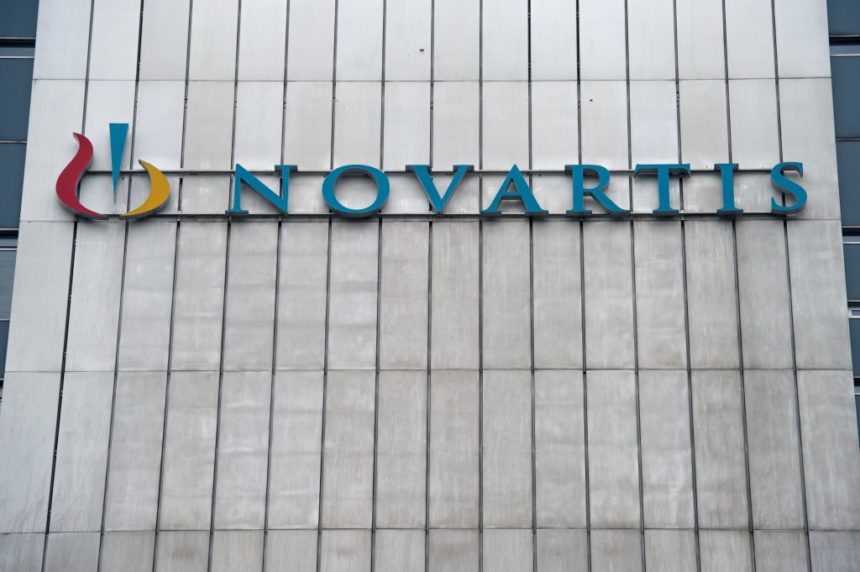The Q4 2022 earnings season rolls along as both Novartis and GSK released their most recent quarterly earnings reports Wednesday morning.
For the full-year, Novartis reported net sales that slipped by 2% in U.S. dollars (USD), with core operating income remaining flat by the same metric.
The Swiss drugmaker’s operating income declined by 21% USD due to “higher restructuring and impairments,” while its free cash flow was $11.9 billion, down 10% USD.
For the quarter ended December 31, Novartis recorded net sales that fell by 4% USD, though its core operating income grew 6% USD.
One major development for Novartis during Q4 was the decision to sell five drugs approved by the Food and Drug Administration for up to $175 million to Harrow Health, an eye care pharmaceutical company. The drugs include Ilevro, Nevanac, Vigamox, Maxidex and Triesence.
Novartis CEO Vas Narasimhan said the company’s performance to end the year was in line with expectations. Novartis’ guidance projects sales in low-to-mid single digits and core operating income in the mid-single digits.
“Novartis is on track to become a pure-play innovative medicines company, uniquely positioned to leverage its global scale and R&D platforms,” Narasimhan said in a statement. “Our six multi-billion brands5 now represent 32% of our Innovative Medicines sales and are growing 26%. Pluvicto and Scemblix had very strong launch performances, and the Leqvio launch continues to progress. Pivotal Ph3 readouts for two iptacopan studies and Pluvicto in earlier lines of therapy provide strong confidence for near to mid-term growth. Looking ahead, we have a catalyst rich pipeline with 15 pivotal readouts in the mid-term. We expect to continue to deliver improved financials and strengthen Novartis ESG foundations, on our journey to become the most trusted and valued medicines company in the world”.
For its part, GSK achieved sales of £29.3 billion in 2022, up 13% at constant exchange rates (CER), including £11.3 billion in specialty medicines, £10.1 billion in general medicines and £7.9 billion in vaccines.
The drugmaker’s free cash flow totaled £3.3 billion, its total continuing earnings per share (EPS) rose 18% CER and its adjusted EPS rose 15% CER.
At the end of the year, GSK said it had 69 vaccines and specialty medicines in its pipeline and anticipates four approvals in 2023, including for its RSV OA vaccine and Jemperli in 1L endometrial cancer.
Acknowledging the rocky labor market, GSK said it expects its turnover in 2023 to increase between 6% to 8%.
Looking forward, GSK also expects its adjusted operating profit to increase between 10% to 12%.
“2022 was a landmark year for GSK delivering the step change in performance we committed to, driven by strong growth in specialty medicines and vaccines, including record sales for Shingrix,” GSK CEO Emma Walmsley said in a statement. “We enter 2023 with good momentum, underpinning confidence in our ambitious sales and profit outlooks for 2026. At the same time, we continue to build a stronger portfolio and pipeline based on infectious diseases and the science of the immune system, including our potential new RSV vaccine. This momentum, together with further targeted business development, means GSK will also be in a strong position to deliver growth from 2026 onwards.”
In November, GSK and six other pharma companies unveiled a collaborative effort to reach emissions reduction targets and boost net zero healthcare.
The British pharma giant also released a survey during the quarter that found falf of healthcare providers believe patients with lupus aren’t receiving the right level of care since COVID-19 hit.
In addition to Novartis and GSK, Thermo Fisher Scientific released its most recent earnings Wednesday morning.







